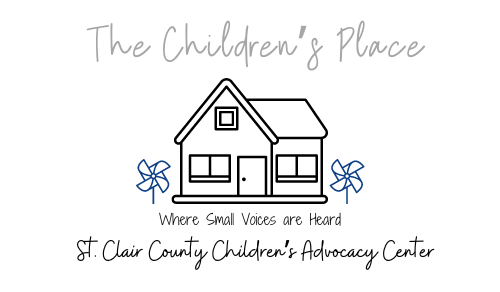Every single day, hundreds of people are effected by sexual violence, physical neglect, and abuse. Nearly 700,000 children are abused in the U.S. each year. The statistics are staggering. The first step in helping those who have been abused and neglected, is recognizing signs.
Here are some RED FLAGS of physical neglect:
- Unexplained bruises, burns, or lacerations
- Drastic change of behavior including aggressive, withdrawn, and/ or decreased school performance
- Fear of parents/ caregiver and afraid to go home
- Difficulty in walking or sitting, sore joints
- Begs, hides, or steals food
- Reports that he/she is left at home for extended periods of time
- Poor appearance, hygiene, or looking dirty
- Causing physical harm to self and/or others
- Malnutrition or unexplained weight loss
Here are some RED FLAGS of sexual abuse:
- Disclosure of sexual abuse or giving clues or hints of what happened including ‘secrets’ that cannot be told
- Unusual or sexually inappropriate behavior
- Changes in behavior such as aggressive, clingy, withdrawn, bed wetting, and/or nightmares
- Physical problems to the genital areas
- Lack of self-esteem or increased depression
- Avoiding abuser- show dislike to him/her or afraid to be left alone
Most often, children are sexually abused by someone they know (a relative or family friend) and they seldom lie about a matter so serious.
Many children are afraid to tell their parents, so changes in behavior are the biggest indicator for which to watch. Certainty is not required. Most reports begin by the child telling someone they trust.
Your initial reaction is important. While upsetting, a reaction of support is invaluable. Try to avoid asking too many questions. Reassure your child that they have your support and allow them to speak Also avoid making rash or quick judgments or having outside conversations about the alleged abuse.
Continuing as normal with extra support and time for the child is important. A child should not feel blamed for the situation, but supported. Be calm and assuring in making sure your child knows that it is ok to talk to law enforcement and the workers involved in their case.
The St.Clair Children’s Advocacy Center provides services to children who are physically and/or sexually abused in our area.
We provide:
Interviews and Extended Forensic Interviews in a safe, nonthreatening, and professional environment in order to provide support and assistance to families.
We have an on staff licensed Counselor who is trained and ready to provide a comfortable and safe place for your child through therapy.
As an Advocacy Center, we also conduct an annual child death review. We advocate for families in such a difficult time.
It is important that you do not coach your child or lead them in what to say. It is a key factor in the investigation that your child tells what happened to them in his/her own words.
Though it may seem like an invasion of privacy, please cooperate with all that are involved in your child’s investigation. The information that you provide helps us better assist in providing adequate care for your child.
Seek personal counseling for family members, such as yourself and your spouse, as the need arises. Families tend to feel all sorts of emotions as they become aware of reported abuse. It is beneficial to your mental health to seek guidance.
We ask that you are patient as your child’s case is very delicate. It is very important that we take time to answer questions and conduct interviews as we work hand in hand with law enforcement, the District Attorney’s office, and Department of Human Resources. You will be contacted throughout this process regarding your child’s case.
Empowering your child with support and positive messages is definitely going to help them. Communicating to the child that you are not mad about them telling the truth is vital. Being supportive in your belief of what happened to them will help them remember that it is ok to tell their story.



